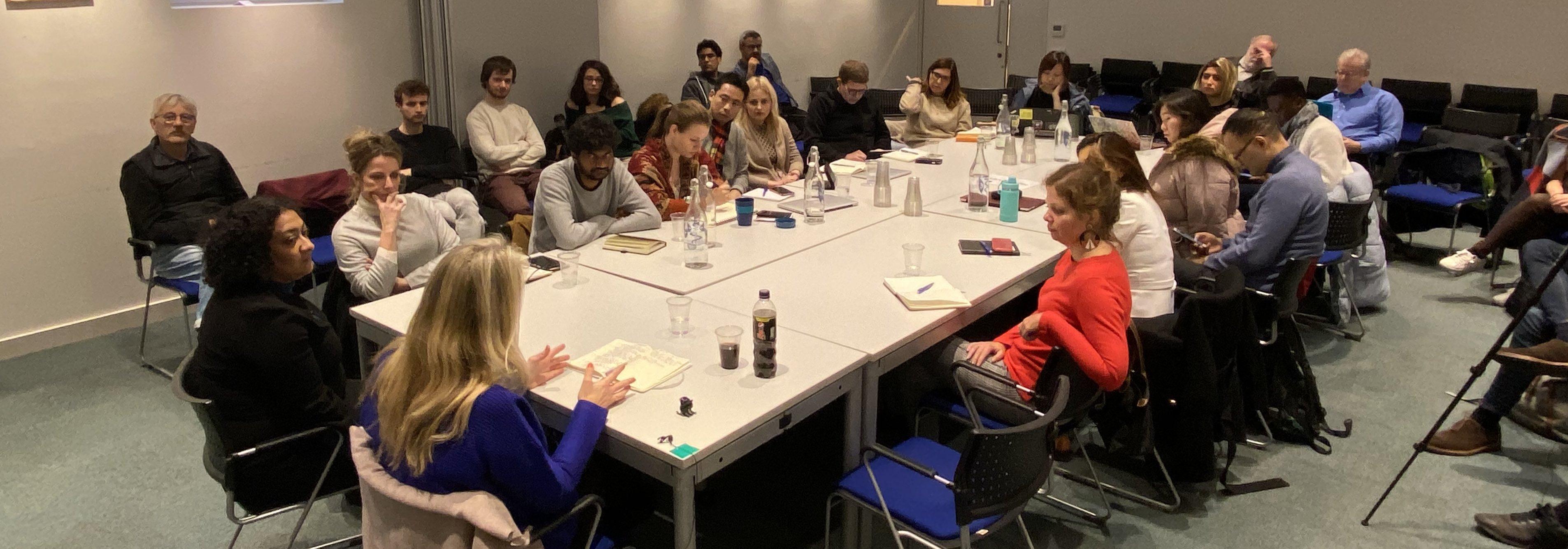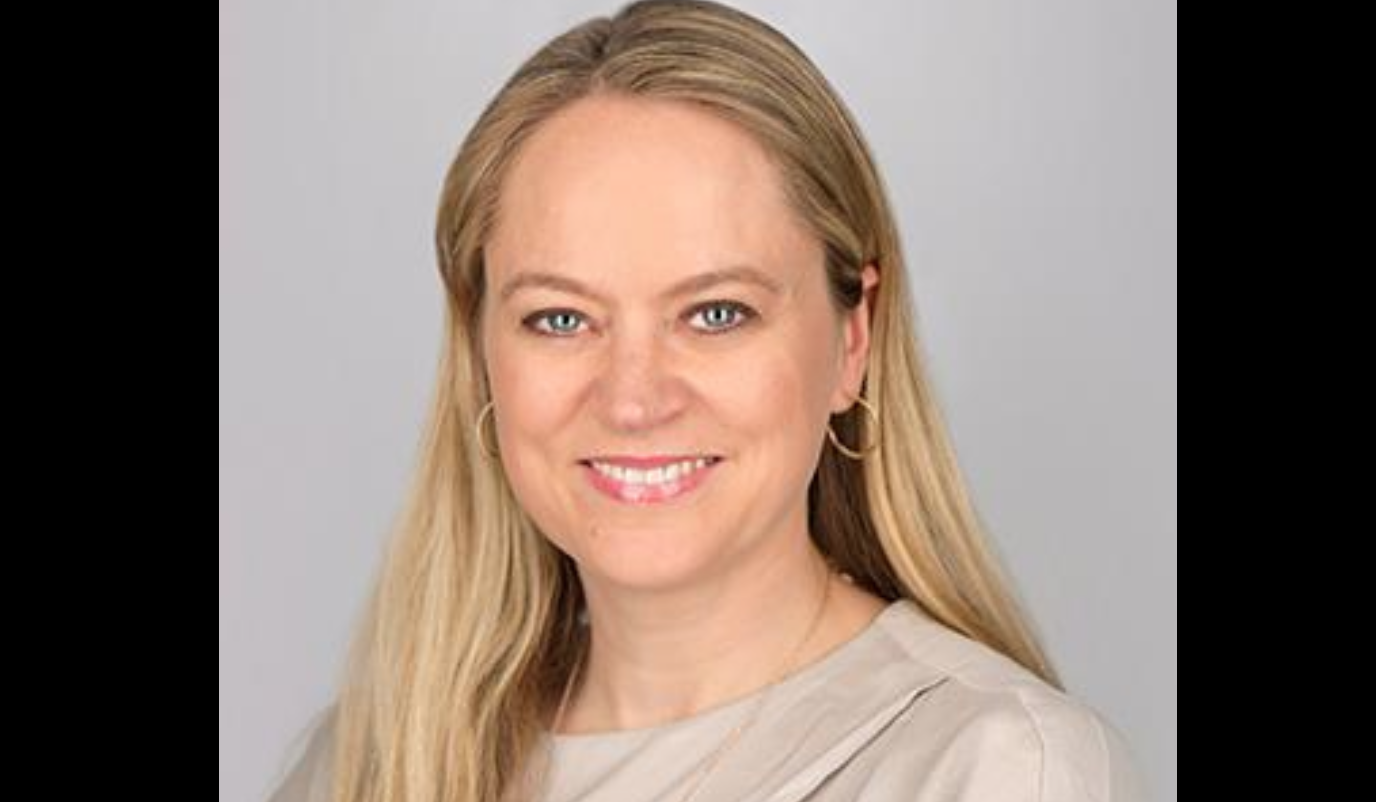Our Business and Practice of Journalism seminar series, chaired by Meera Selva, features leading journalists, media executives, academics and campaigners from around the world. They share exclusive insights on the industry, their careers, and ways forward for journalism to address the many challenges it faces right now. Here are the seminars that will take place from January to March 2020.
Download term card of seminars (PDF)
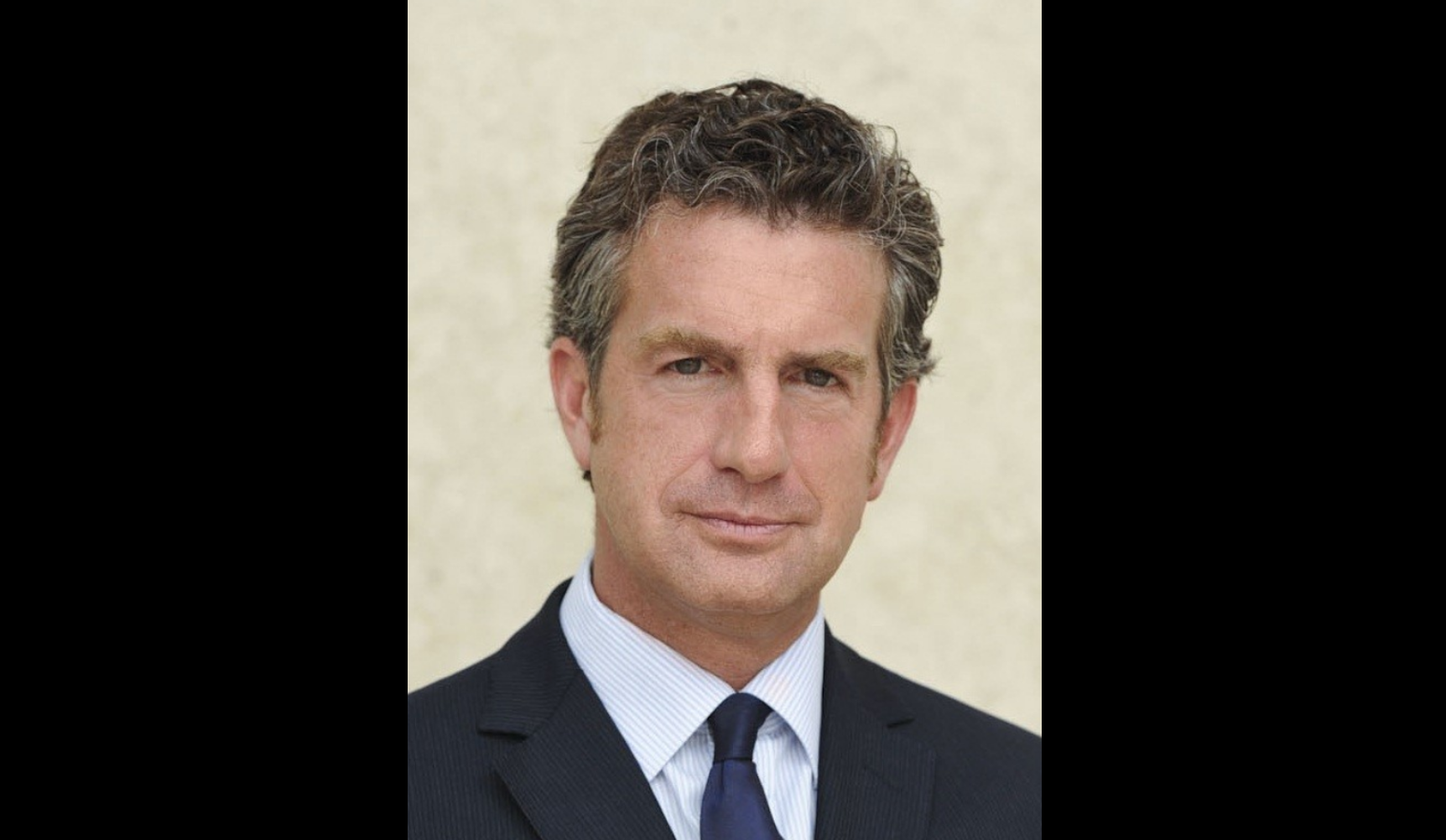
The State of the Times.
By Stephen Dunbar-Johnson, president, International of The New York Times Company. 26 February 2020. 14:00. E. P. Abraham Lecture Theatre, Green Templeton College.
Stephen Dunbar-Johnson is the president, International of The New York Times Company. Dunbar-Johnson is responsible for the oversight and strategic development of the Times Company’s international businesses. Dunbar-Johnson was appointed president, International for The New York Times Company in October 2013 to lead the global expansion of the company.
Prior to The Times, Dunbar-Johnson was publisher of the International Herald Tribune, a position he assumed in January 2008. Before joining the IHT in 1998, he held various business development roles in the United Kingdom, France and the United States over 12 years at the Financial Times. He was educated at Worth School and Kent University in the U.K. and has completed an executive management program at the Wharton School at the University of Pennsylvania and the Sulzberger Executive Leadership Program at the Columbia School of Journalism.
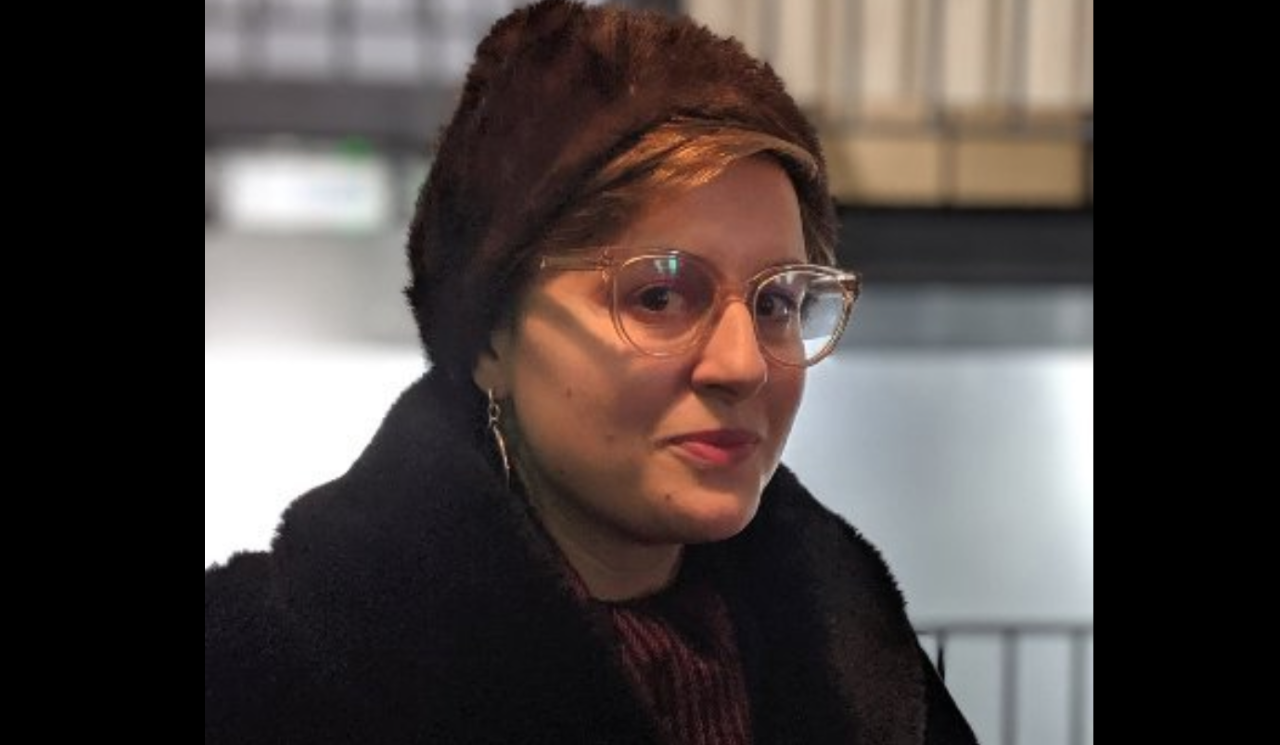
Political gossip and how it drives everything.
By Marie Le Conte, politics writer. 4 March 2020. 14:00. E. P. Abraham Lecture Theatre, Green Templeton College.
Marie Le Conte is a French-Moroccan political journalist based in London. She grew up in Nantes then moved to the UK in 2009 to study journalism at the University of Westminster. Between 2013 and 2015, she freelanced for a range of publications including the Telegraph and the Mirror, then joined the Evening Standard as a political diarist. She joined BuzzFeed News in 2016 as media and politics correspondent, where she broke stories including Nigel Farage’s meeting with Julian Assange, and Vote Leave’s donations to Brexit campaigner Darren Grimes. Since leaving Buzzfeed in 2017, she has written for the New Statesman, Prospect, The Sunday Times, The Guardian and others, and has appeared on the Today programme, Newsnight, BBC News, Daily Politics, Any Questions, and many others. In 2019 she published the book Haven't You Heard?: Gossip, power, and how politics really works.
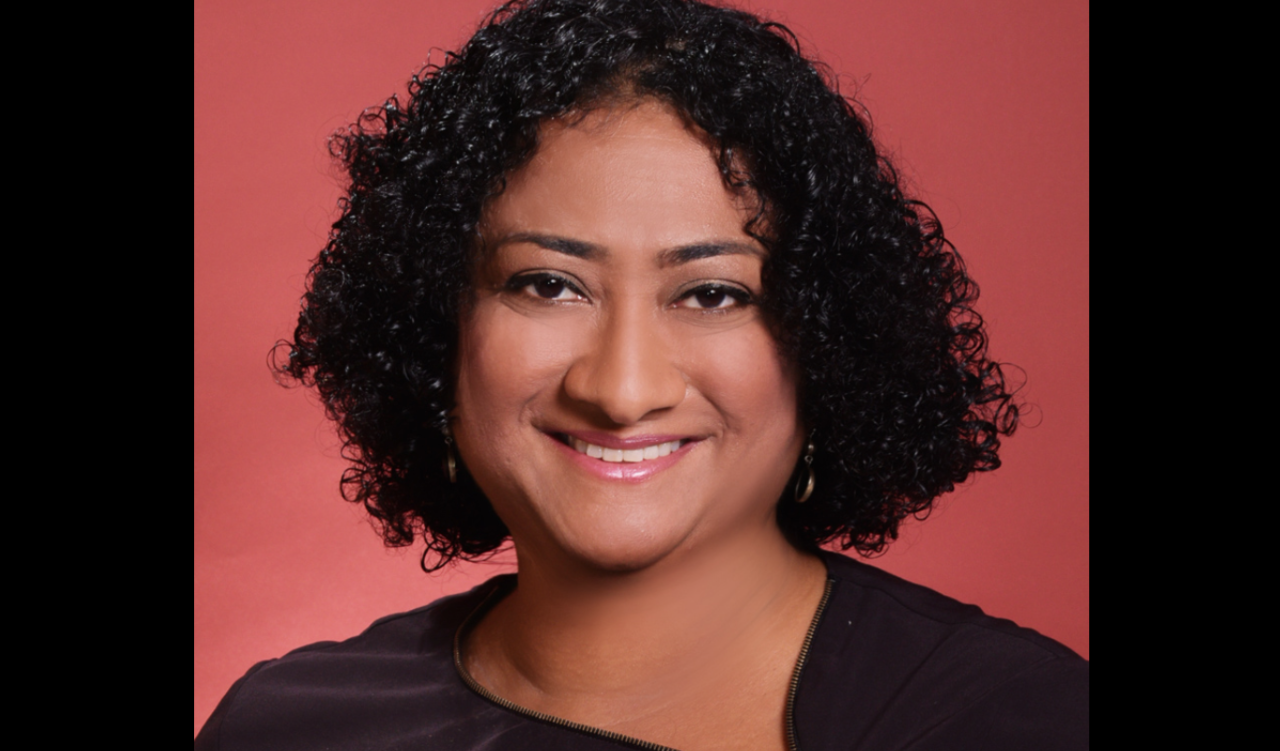
A new wave: female editors and new audiences.
by Meera Selva, Director of the Journalist Fellowship programme of the Reuters Institute for the Study of Journalism. 11 March 2020. 14:00. E. P. Abraham Lecture Theatre, Green Templeton College.
Meera Selva is director of the Journalist Fellowship Programme at the Reuters Institute for the Study of Journalism and an accomplished senior journalist with experience in Europe, Asia, and Africa. She spent three years working in Berlin and Singapore for Handelsblatt, and had previously spent several years as a UK correspondent for the Associated Press. She has also worked out of Nairobi as Africa correspondent for the Independent and as a business journalist at a range of publications, including the Daily Telegraph and Citywire.
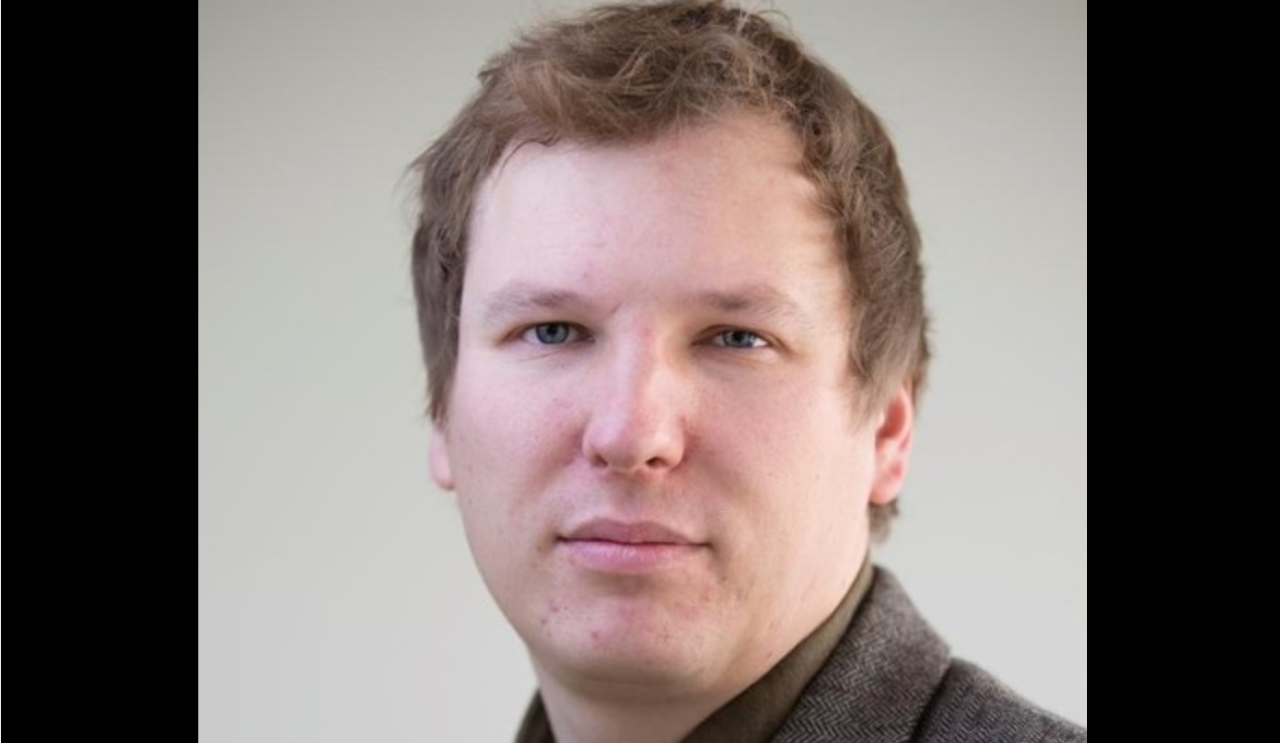
The truth behind filter bubbles.
By Richard Fletcher. Senior Research Fellow at the Reuters Institute. 22 January 2020. 14:00. E. P. Abraham Lecture Theatre, Green Templeton College.
Richard Fletcher is a Senior Research Fellow and leads the research team. He is primarily interested in global trends in digital news consumption, comparative media research, the use of social media by journalists and news organizations, and more broadly, the relationship between technology and journalism.
Richard primarily works on the Digital News Project and is lead researcher and co-author of the Digital News Report, the world's largest annual survey of global news consumption. Richard also uses this survey data to underpin comparative cross-national research into patterns of news consumption, audience fragmentation and polarisation, the effects of search engines and social media on news use, trust in the news, and paying for digital news.
In 2018, Richard won the International Communication Association Journalism Studies division's Wolfgang Donbach Outstanding Journal Article of the Year Award (with Rasmus Kleis Nielsen) for 'Are News Audiences Increasingly Fragmented?'. He was also nominated twice for the Bob Franklin Journal Article Award for 'Paying for Online News' (with Rasmus Kleis Nielsen) and 'The Impact of Trust in the News Media on Online News Consumption and Participation' (with Sora Park).
For information on Richard’s publications, see his Google Scholar profile.
Leading digital transformation.
By Inga Thordar, Executive Editor at CNN Digital International. 29 January 2020. 14:00. E. P. Abraham Lecture Theatre, Green Templeton College.
Inga Thordar is the Executive Editor of CNN Digital Worldwide, overseeing all international news, sport, and programming teams. She oversees teams of journalists in London, Hong Kong, Abu Dhabi, Lagos and NY who produce, write, and distribute CNN's multi-platform journalism globally across an array of digital platforms. Inga was previously Senior Editor on BBC World, bringing together TV and digital production teams, and commissioning. She edited the BBC's news front page as well as led digital innovations on both TV and radio platforms. Prior to that, she led a team of video journalists at the BBC, who used the latest technology available, to create innovative quality videos for digital and TV properties. An Iceland native, Inga is based in London and a graduate of SOAS, University College London, and the University of Iceland.
In this three-part series, current Journalist Fellows from parts of the world where journalism is under pressure will report on the threats reporters face, and how they are confronting these challenges right now.
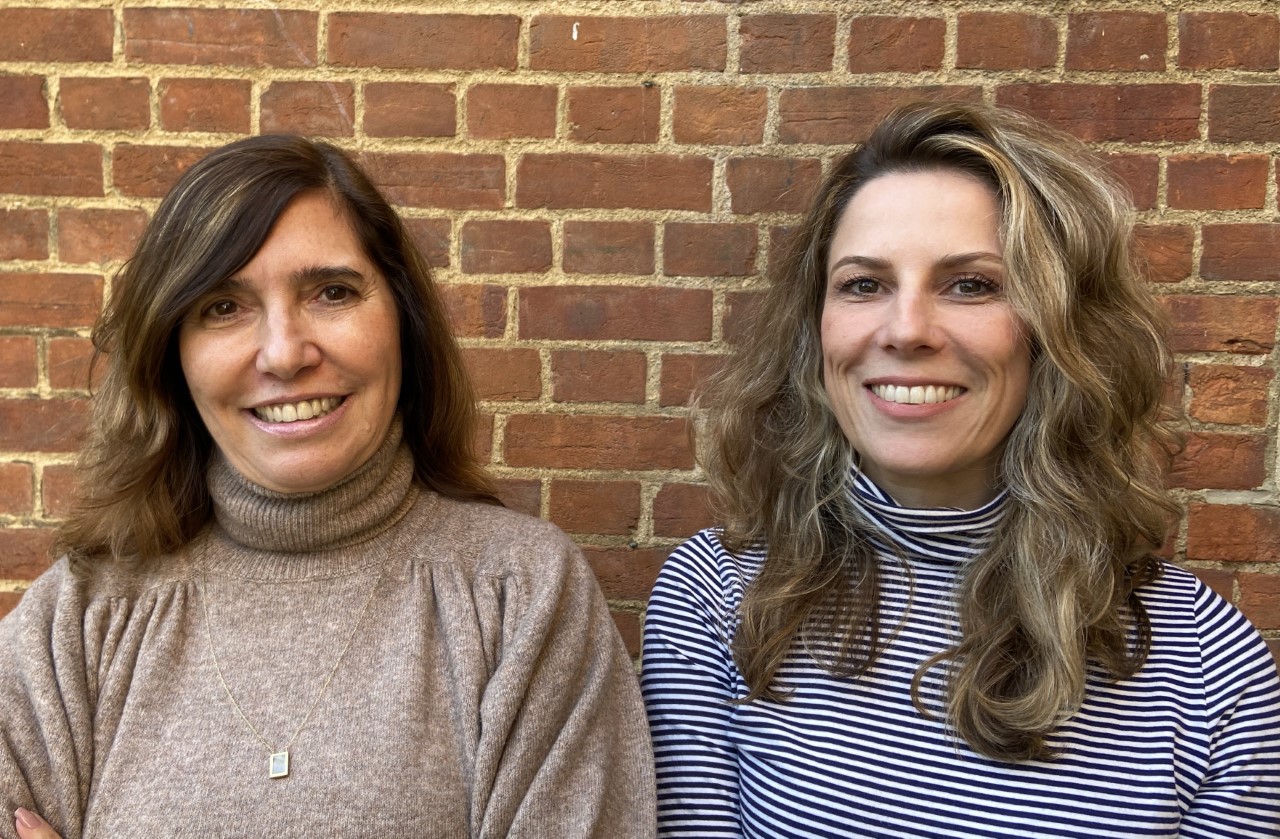
Journalism in Bolsonaro’s Brazil.
By Consuelo Dieguez from Piaui Magazine and Daniela Pinheiro, former editor in chief of Época. 5 February 2020. 14:00. E. P. Abraham Lecture Theatre, Green Templeton College.
Consuelo Dieguez has been a reporter at Piauí Magazine since its inception in 2006. At the magazine, she writes long-form pieces with literary style and an investigative approach. She has written many profiles of figures in Brazilian business and politics, including president Jair Bolsonaro. Some were published in her 2014 book Bilhões e Lágrimas (Billions and Tears). She has been awarded prizes including the Prêmio Esso, Vladmir Herzog and Mulher Imprensa. One of her works was also shortlisted for the Gabriel García Márquez Journalism Award. Consuelo is a Reuters Institute Journalist Fellow sponsored by Anglo American.
Daniela Pinheiro is the first female journalist appointed as editor-in-chief for a weekly magazine in Brazil. A former Knight (JSK) Fellow in Journalism at Stanford University, she ran Epoca Magazine from February 2018 until September 2019, when she resigned along with three editors and four columnists after attacks from Bolsonaro's family. She is a four times winner of Brazil's Women in Press prize, and three times was awarded Brazilian journalism's most distinguished prize, the Comunique-se, as best print journalist in Brazil. Fluent in five languages, she is a frequent speaker at conferences about Journalism and Politics around the world. Daniela is a Reuters Institute Journalist Fellow sponsored by the Thomson Reuters Foundation.
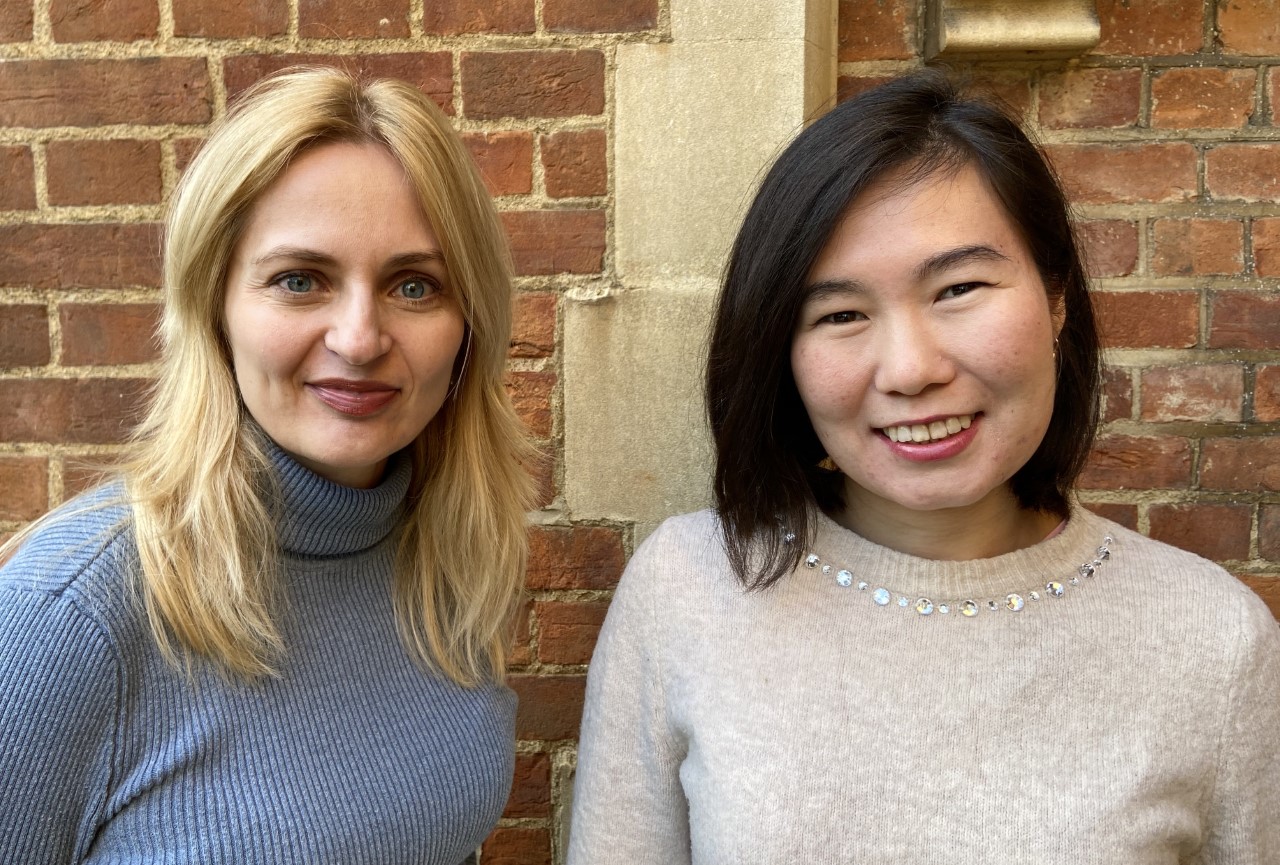
Misinformation and propaganda wars in Ukraine and Russia.
By Maryana Drach, RFE/RL’s Ukrainian Service director, and Gulmira Amangalieva, reporter at Freenews-Volga, Russia. 12 February 2020. 14:00. E. P. Abraham Lecture Theatre, Green Templeton College.
Maryana Drach is the Director of RFE/RL's Ukrainian Service. She oversaw the service’s award-winning coverage of the country’s 2013-2014 Maidan demonstrations, corruption scandals and the conflicts in Russian-annexed Crimea and Eastern Ukraine. Drach has an undergraduate degree in international studies from Roosevelt University (Chicago) and a graduate degree in Public Administration from the Institute of Public Administration and Local Government in Ukraine. Maryana is a Reuters Institute Journalist Fellow sponsored by the David Levy Fellowship for International Dialogue.
Gulmira Amangalieva has worked for seven years as a journalist for Russia’s independent regional press. She currently works for FreeNews-Volga, an online newspaper based in Saratov. Prior to that, she was a staff correspondent at Gazeta nedeli v Saratove, a regional newspaper. She has focused on the issues of poverty, labour working conditions, migration, national minorities, government negligence, and civil rights violations. Gulmira holds a bachelor's degree in Journalism and a master's degree in Law from Saratov State University, where she was awarded the Oxford Russian Fund scholarship for academic achievements. Gulmira is a Reuters Institute Journalist Fellow sponsored by the Thomson Reuters Foundation.
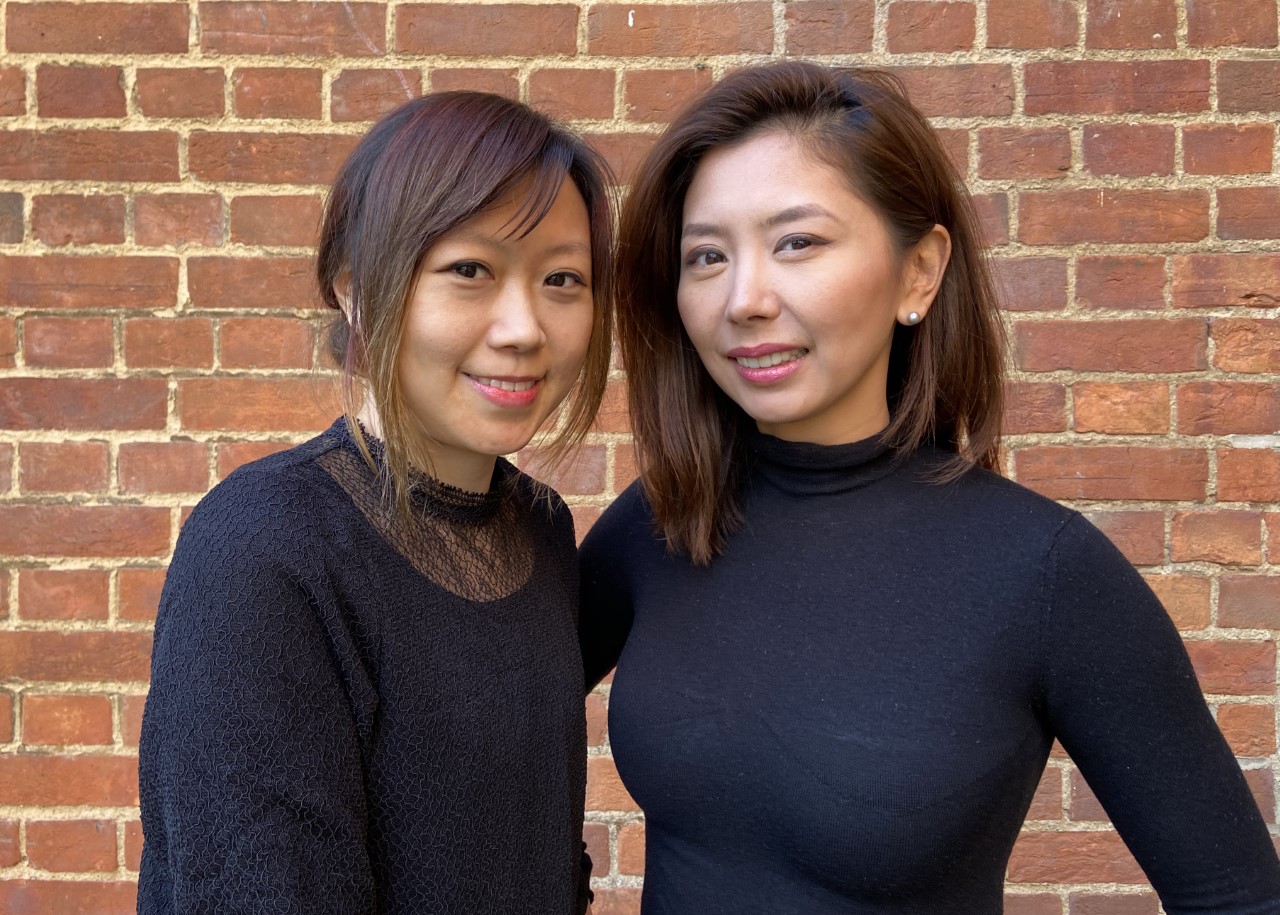
A dangerous moment: reporting Hong Kong's protests.
By Emily Tsang, reporter at South China Morning Post and Wei Du, international correspondent at Channel News Asia. 19 February 2020. 14:00. E. P. Abraham Lecture Theatre, Green Templeton College.
Emily Tsang joined the South China Morning Post in 2010. She has covered major breaking news on issues concerning health care, human rights and social justice in both China and Hong Kong. Recently, she has covered the ongoing protests against the extradition bill in Hong Kong. Emily started her career in Ming Pao, a local newspaper. One of her stories revealed how the manager of a local supermarket was taking bribes from traders who hoarded infant formula for speculation. This award-winning story led to two arrests. Emily is a Reuters Institute Journalist Fellow sponsored by the Google News Initiative.
Wei Du is an international correspondent for CNA. Based in Hong Kong, she travels within the region to cover major news events and produce feature stories. Her recent assignments include the anti-government protests in Hong Kong and nuclear threat and disarmament talks on the Korean Peninsula. In 2019, she also produced a documentary series examining China's global influence through food. Before her current assignment, she was a business presenter. Wei has a Master of Science degree from the Columbia University Graduate School of Journalism. She previously worked for Bloomberg TV in Hong Kong and CNBC in the US. Wei is a Reuters Institute Journalist Fellow.


